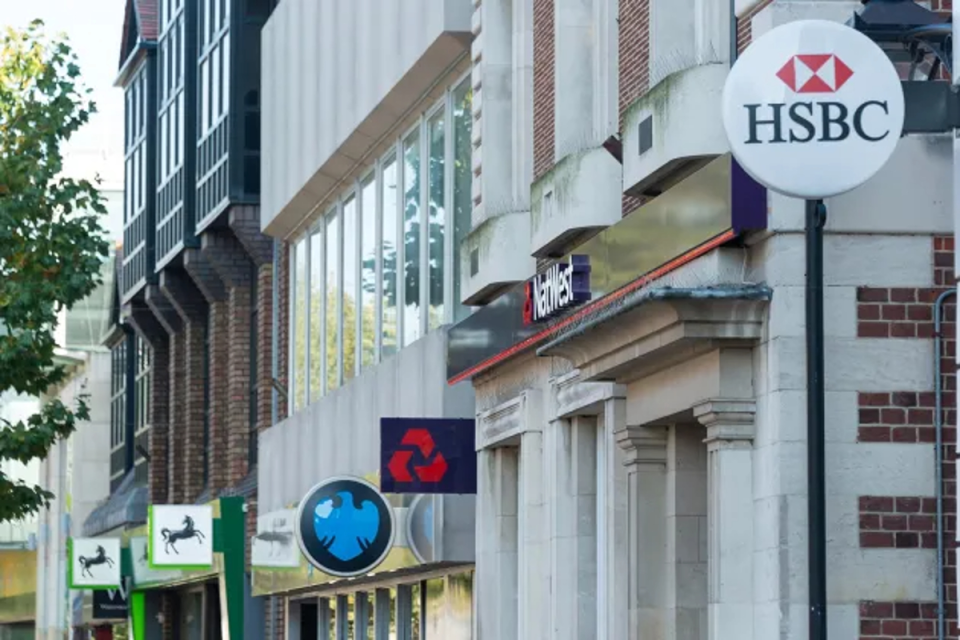Business ‘debanking’ complaints nearly double in a year as MPs warn of ‘unfair’ account closures

The number of official complaints over business “debanking” has almost doubled in the last year, new figures show, as MPs accuse lenders of “unfairly” closing customers’ accounts.
A letter to the Treasury Committee from Abby Thomas, chief executive of the Financial Ombudsman Service (FOS), revealed it had received a total of 3,858 complaints linked to account closures in the 2023/24 financial year.
This figure marks a 44 per cent increase from the previous year and a 69 per cent jump over the last three years.
The letter also revealed an increase in the rate of “debanking” complaints being upheld in the favour of complainants, rising to 36 per cent from 27 per cent or below in each of the previous three years.
The issue of account closures was thrust into the media spotlight last summer after former Ukip leader Nigel Farage claimed Natwest-owned Coutts moved to “debank” him partly because of his political views. The resulting scandal triggered the resignations of both Natwest and Coutts’ chief executives.
An independent review found in December that account closures at Coutts were in line with industry standards and showed “no evidence of discrimination due to political views” but flagged “deficiencies” in its communication on the issue.
Following a wave of complaints, the UK government last month proposed a draft law that would force banks to give customers more advanced notice and an explanation before closing their accounts.
The FOS’ latest data showed that businesses had seen a particular increase in account closures, with “debanking” complaints from companies rising by 81 per cent to 666 over the last year.
Harriett Baldwin, a Conservative MP and the committee’s chair, said the data showed that “some legally operating businesses are being unfairly debanked”.
She added: “Banks should be doing all they can to support small business in this country, not pulling the rug out from beneath them with little warning.
“I expect our report will have something to say about what we’ve uncovered.”
The FOS’ letter comes amid the committee’s inquiry into the barriers small and medium-sized enterprises face to accessing finance.
In February, the committee published data from eight major banks showing they had closed just under 142,000 UK small business accounts last year.
Common reasons given by the banks for the account closures included risk appetite, a lack of information sharing and financial crime concerns. However, some MPs have accused banks of closing accounts mainly due to cost and reputation.
A spokesperson for banking trade body UK Finance told City A.M.: “A small proportion of accounts are closed, and if this happens the main reasons are financial crime or fraud concerns, being unable to complete customer due diligence or an account being dormant. This is also what the FCA found when they looked at the issue last year.
“If a bank does have to close an account, this only happens after extensive review and investigation, with firms making significant efforts to contact customers to complete due diligence first.”

 Yahoo Finance
Yahoo Finance 